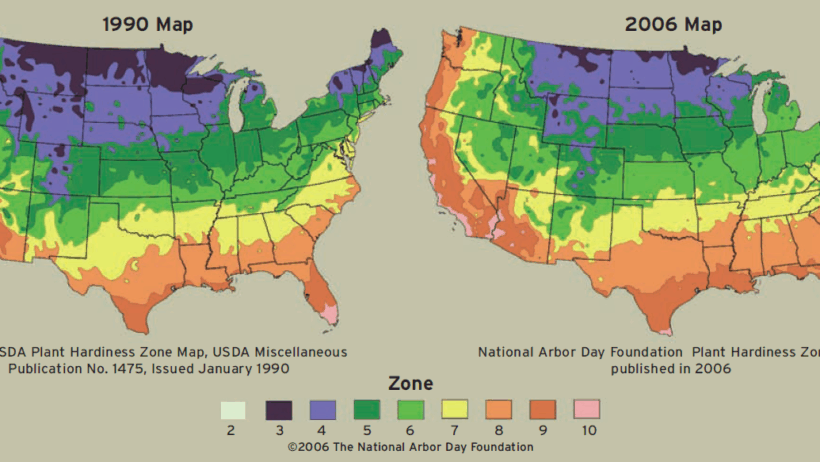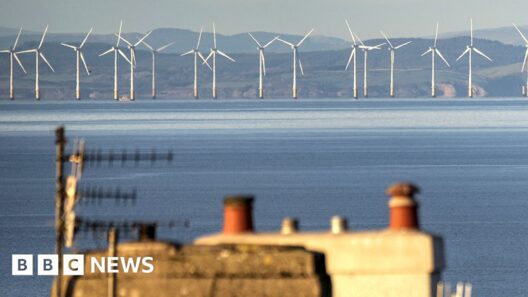The fishing industry, a vital lifeline for countless communities around the globe, is grappling with an invisible threat—climate change. Like a relentless tide, the effects of global warming are reshaping marine ecosystems, disrupting traditional livelihoods, and challenging cultural identities. This intricate interplay between climate and commerce reveals a complex tapestry woven from the threads of nature’s resilience and human endeavor.
To comprehend the full impact of global warming on the fishing industry, one must first understand the symbiotic relationships that exist within marine ecosystems. The ocean, often referred to as the “blue heart” of our planet, is teeming with life. However, rising ocean temperatures, resulting from the incessant accumulation of greenhouse gases, are decimating delicate habitats. Coral reefs, often dubbed the “rainforests of the sea,” are particularly vulnerable. These vibrant ecosystems, which support an astonishing diversity of marine life, are facing mass bleaching events as water temperatures rise, leading to the death of corals and, consequently, the species that depend on them.
This degradation does not occur in isolation. As the health of marine ecosystems deteriorates, the livelihoods of those who rely on fishing for sustenance and economic stability become precarious. Communities that have depended on the bounties of the sea for generations are beginning to feel the pinch. Fish stocks, once abundant, are now dwindling; species like cod, herring, and sardines are shifting their ranges northward in search of cooler waters. This migration leaves fishermen with depleted nets and diminished catches.
The harsh reality is that climate change is not just a far-off threat; it materializes in the lives of fishermen and their families daily. Traditional fishing patterns are disrupted, and the age-old knowledge passed down through generations becomes obsolete. To survive, many fishermen are forced to adapt, transitioning to different species or locations, a shift that often bears substantial economic repercussions. For small-scale fishers, this shift is akin to uprooting an ancient tree—painful and fraught with uncertainty.
Moreover, the socio-economic implications extend far beyond individual livelihoods. The fishing industry is embedded within a larger economic framework. Ports and fish markets pulse with activity, generating employment not only for fishermen but also for those engaged in processing, distribution, and retail. When fish stocks decline, entire communities face upheaval. The delicate balance between ecological sustainability and economic necessity hangs in the balance. Coastal towns that once thrived on the catch of the day find themselves grappling with unemployment and economic stagnation.
To further complicate matters, the phenomenon of ocean acidification—a direct consequence of increased carbon dioxide emissions—poses an additional challenge. As CO2 dissolves in seawater, it lowers the pH and disrupts essential chemical processes. This has dire implications for shellfish, whose calcium carbonate shells become more difficult to form. Regions that rely heavily on shellfish harvesting for economic stability, such as oyster farms along the U.S. East Coast, are particularly vulnerable. The struggle for survival is not just a matter of catching fish; it intersects with the very ability of marine organisms to thrive.
As the fishing industry finds itself ensnared in the fray of climate change, the challenge becomes not merely one of survival but a quest for innovative solutions. Sustainable fishing practices must be embraced—not only to ensure the longevity of marine resources but also to empower communities to thrive amidst change. The implementation of technology-driven solutions, such as smart fishing gear and data analytics, can aid in understanding fish migratory patterns more accurately, thereby reducing overfishing and promoting responsible practices.
Legislation also plays a pivotal role in preserving both the environment and the livelihoods of those dependent on fishing. Establishing marine protected areas (MPAs) can provide sanctuaries for overexploited species, allowing populations to recover and promote biodiversity. Furthermore, cooperative management approaches, where fishers are involved in decision-making, can foster a sense of stewardship and responsibility, aligning economic incentives with ecological well-being.
Moreover, the narrative of climate change and the fishing industry is not solely one of loss; it is also a call to action. Grassroots movements are emerging around the world, mobilizing communities to advocate for sustainable practices and greater environmental awareness. By harnessing collective power and elevating indigenous knowledge, these communities can foster resilience amidst changing tides.
In this precarious moment in time, as the fishing industry finds itself battling against the currents of climate change, there lies an opportunity to innovate and adapt. Like a phoenix rising from the ashes, the potential for transformative change is palpable, offering a vision of a future where both people and oceans coexist in harmony. This journey requires commitment, not just from fishers but from society at large. For in the end, the fate of the fishing industry is a microcosm of our planet’s sustainability—a reflection of our values and an urgent reminder of our collective responsibility to protect the blue heart of our Earth.







